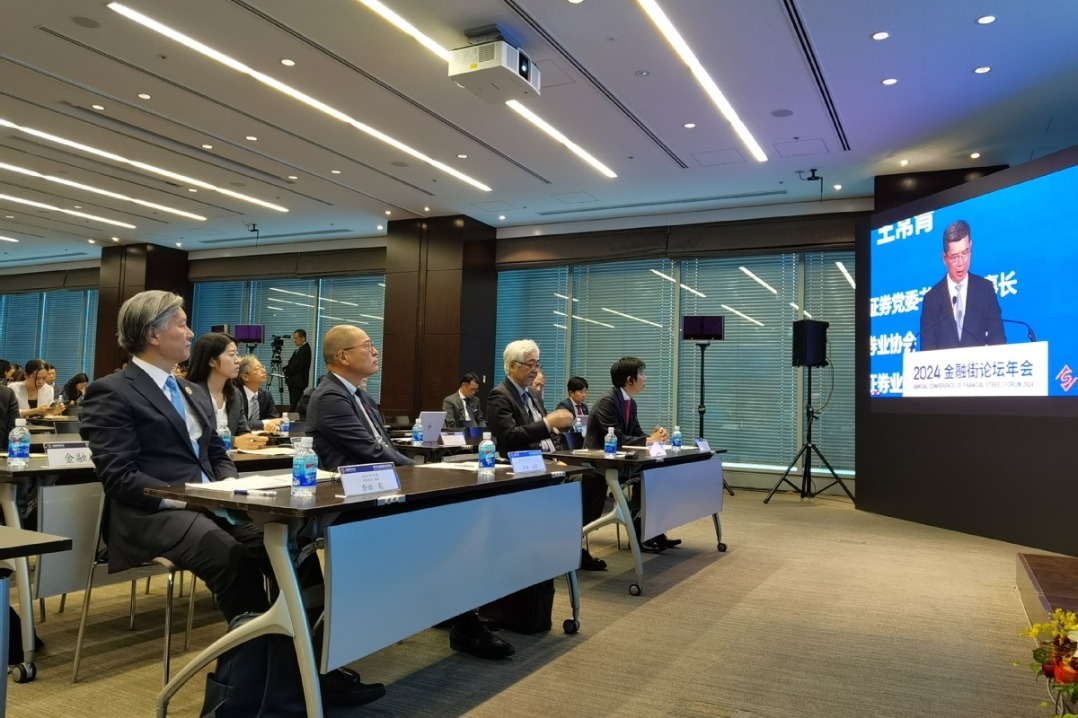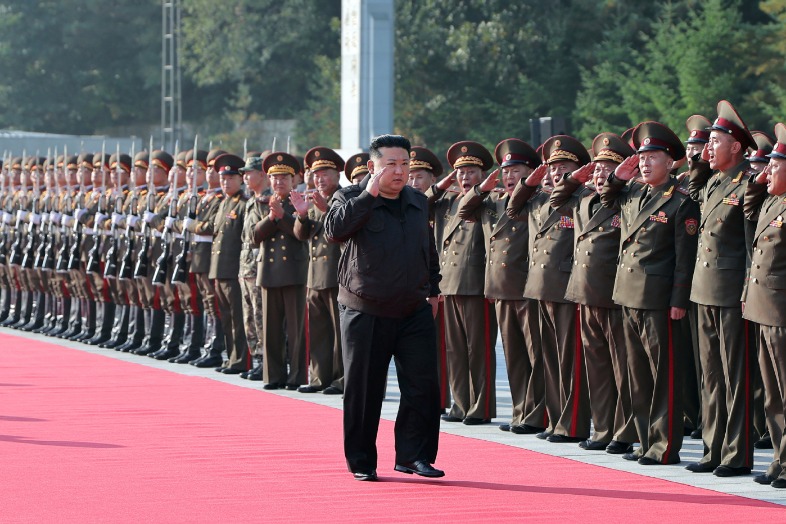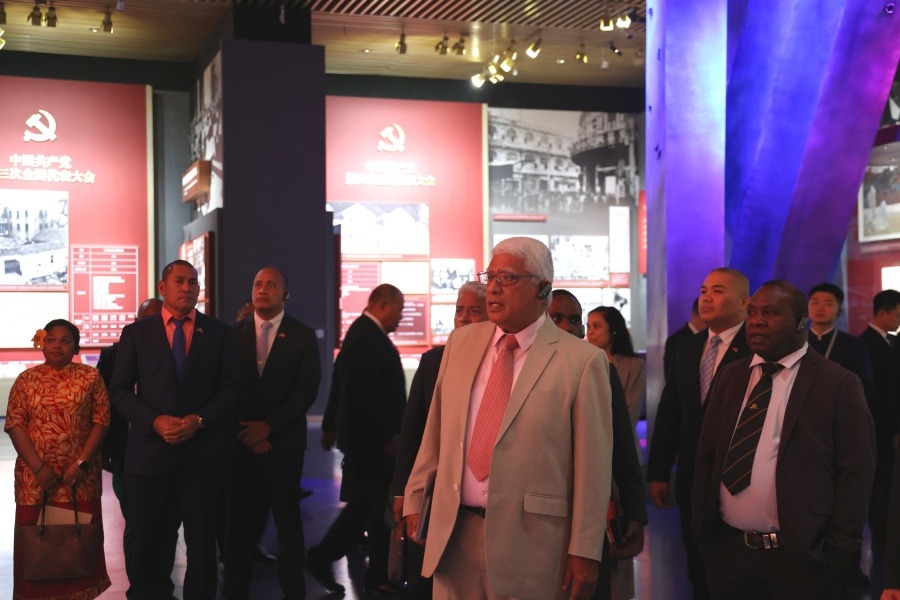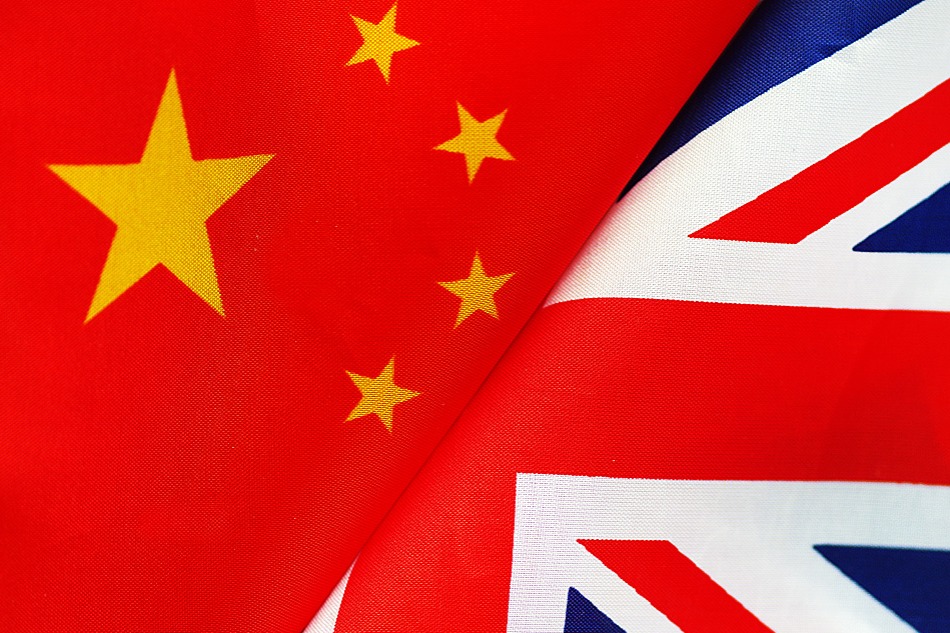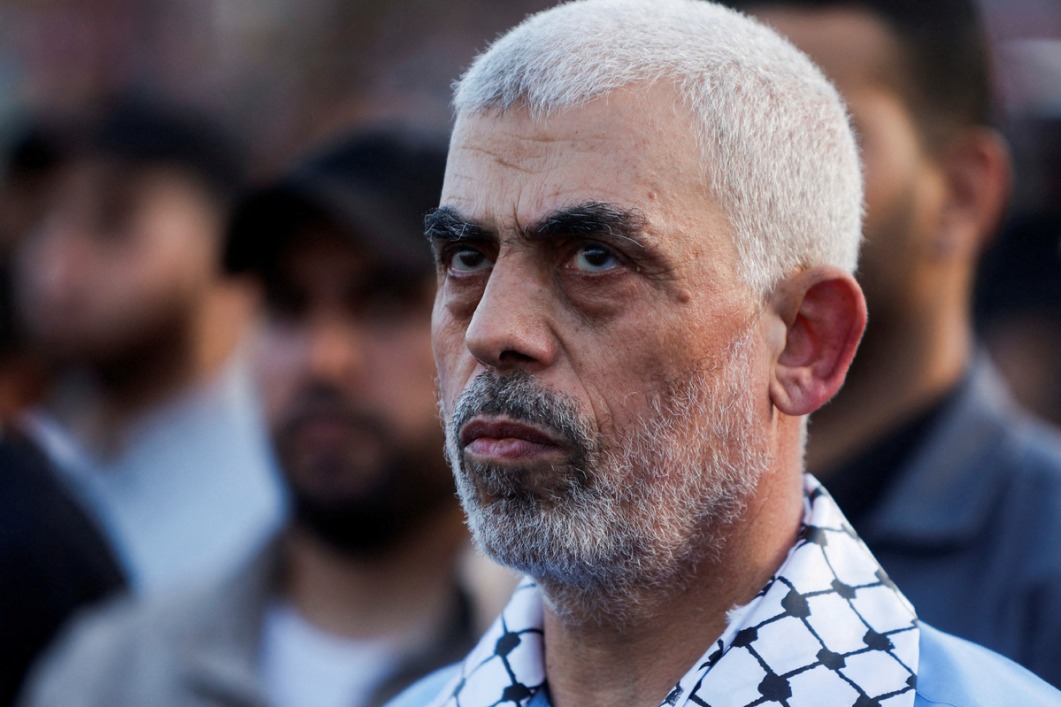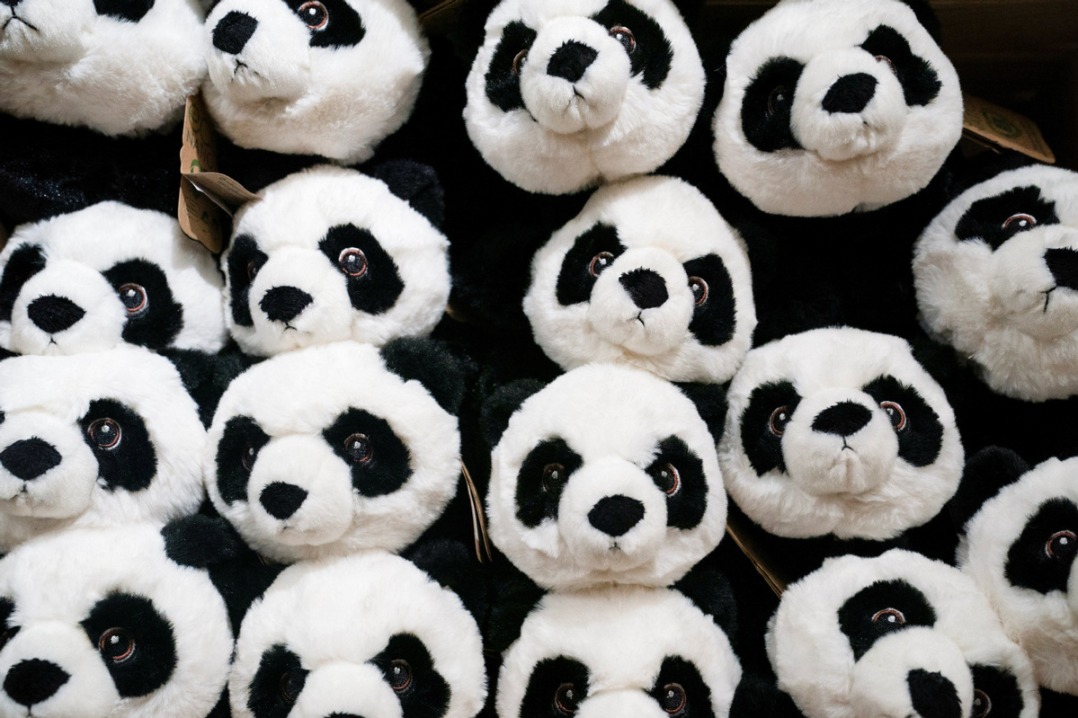Orchestras need to delve deeper into China's music


As an active orchestra conductor and founding director of the US-China Music Institute of the Bard College Conservatory of Music in New York, it is my mission to promote music from China to audiences outside of China and to bring Chinese and Western cultures together through our public performances and educational programs.
Each year since 2019, I have conducted The Orchestra Now to present a Chinese New Year concert in New York City and the Fisher Center for Performing Arts at Bard College to offer a US audience a truly authentic Chinese New Year musical experience. I design each year's program to show the diversity, richness and artistry of Chinese music to Western audiences, which generally know very little about Chinese classical music, whether traditional or from the vibrant contemporary scene.
Of course there are many concerts celebrating Chinese New Year in the West, and this is great. But what is a Chinese New Year concert for? I hope it can be more than just a once-a-year outreach event and instead be part of an ongoing exploration of Chinese civilization through music.
I have seen so many New Year concerts that just perform the Spring Festival Overture, or toss a couple of Chinese pieces into a Western classical repertoire, but this is little more than a gesture toward Chinese music. If an orchestra really wants to take the opportunity to explore music from China, it needs to dig deeper into the development of classical music in China today, not play the same pieces every year or add a few extra Chinese faces on the stage.
Does a Chinese performer make the concert more "Chinese" in the current climate of classical music, where Chinese performers are so widespread and so widely known? I don't think so, and I expect Western audiences don't either.
A Chinese New Year concert should be an opportunity for an orchestra to expand its territory and to search for new repertoire. In the past 20 or 30 years, China has produced some of the best composers in the contemporary musical world. When we talk about new composers and new compositions, Chinese composers are no longer in the back seat. They know how to write and they are producing some of the most exciting works in classical music today.
I have done quite a few Chinese New Year concerts with professional, conservatory and even youth orchestras. I always focus on delving deep into the culture and the civilization behind the music. Every piece of music has a story behind it. A conductor needs to put a program together to reflect his or her vision and the culture behind it-to tell a story. You want the audience to be engaged with the true meaning of the music you are presenting. A good Chinese orchestral music program is just as unique, and must be devised with as much care, as a Western classical music program.
The US-China Music Institute aims to take a leadership role in how to make Chinese music more accessible and easier to find, and thus more easily performed in the West. That's why a Chinese music database is much-needed, and this is one major project that we are working on at the US-China Music Institute. This will require significant collaboration with orchestras, composers and publishers in the East and West.
There are Chinese instrumental players, soloists, composers and teachers everywhere, and we can easily reach out to them for advice. It is much easier to imagine a solution in the age of the internet, but the work still needs to be done. For example, Chinese orchestral music scores and parts need to be translated and produced in a regular fashion and incorporated with recording references.
As China has become an economic powerhouse, Chinese arts and culture have also become more viable and can and should be more visible and accessible.
It is very encouraging that people want to explore music from China, and there are more orchestras in the West performing concerts for Chinese New Year. But we must do it right and truly respect Chinese culture and the immense musical talent of Chinese and, more broadly, Asian composers and musicians, not just in the West but all around the world.
Jindong Cai is a Chinese conductor in the US, a professor of music and arts and founding director of the US-China Music Institute of the Bard College Conservatory of Music.
















